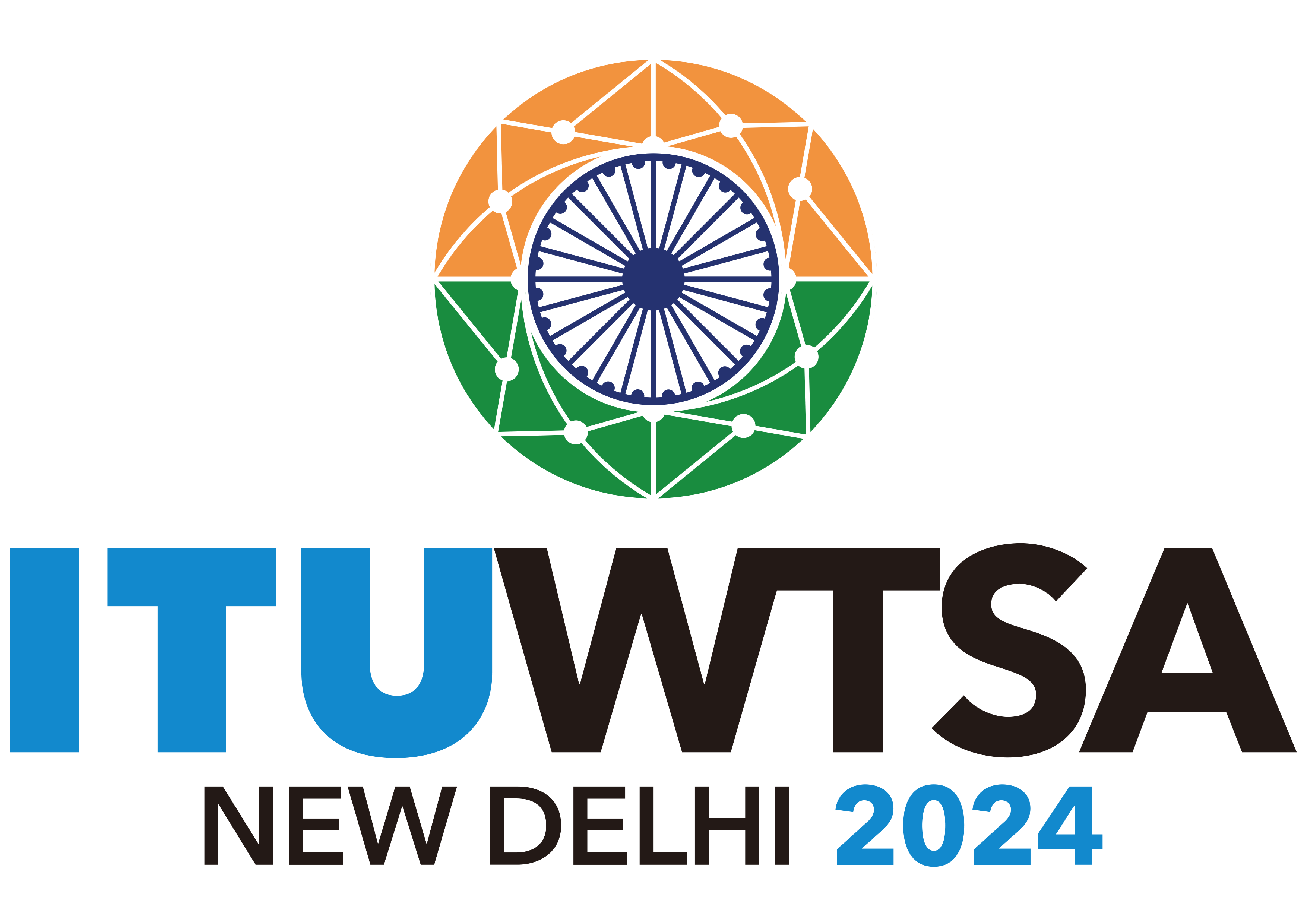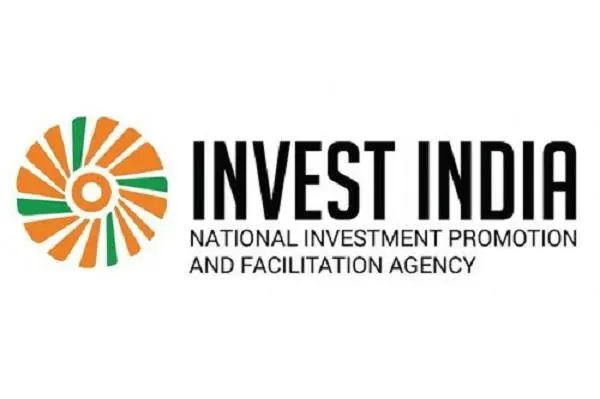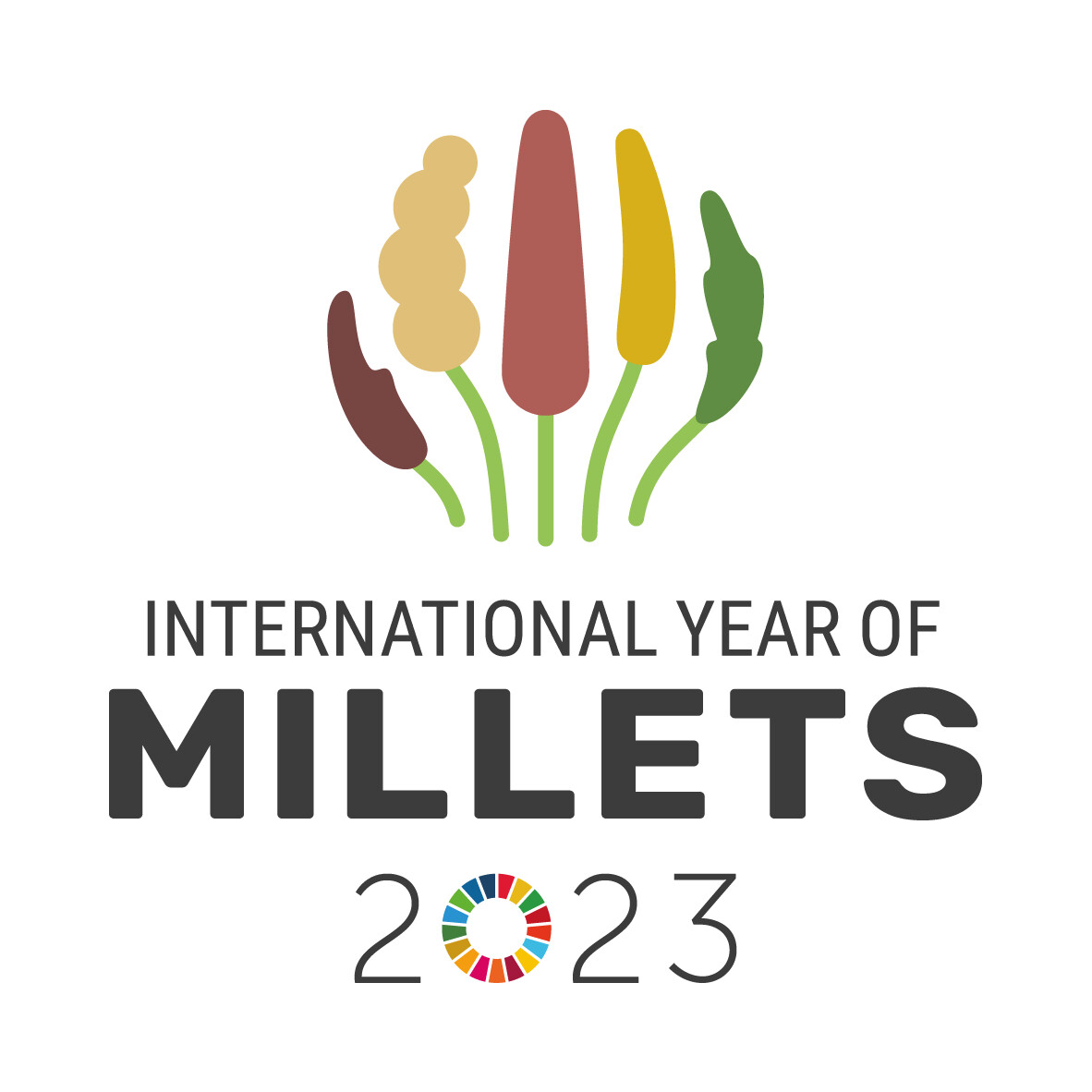Your Excellency, Vice Foreign Minister LIM,
Your Excellency, Chancellor CHO Byungjae,
Excellencies, distinguished Ambassadors from the ASEAN Group
Thank you for giving me the privilege of participating formally in the inauguration of the ASEAN-India Centre at the Korea National Diplomatic Academy.
I’m sure my colleagues agree with me when I say that this is a very welcome, and awaited, step in the direction of the new Korean Government’s “new Southern Community” policy.
This is an excellent counterpart to Prime Minister MODI’s dictum that India should not continue to only “look” East, but to now “Act East”. Indeed, his visit here in April 2015, underscores his personal commitment to make our Eastern neighbourhood central to our foreign policy. This is why we worked to upgrade our bilateral ties to the level of a special strategic partnership. And as our Prime Minister said, recently, our partnership with ASEAN is at the heart of our “Act East” Policy.
Our Prime Minister’s commitment to putting content behind the title is reflected in the rush of high level visitors we have hosted here in Seoul in the past three years and the substantive outcomes as a result. Apart from Prime Minister Modi, we have hosted our External Affairs Minister, Defence Minister, Finance Minister, Commerce and Industry Minister, Science and Technology Minister, Railway Minister, and the Human Resource Development Minister. We have also had Vice Ministerial visitors from my Ministry, from Defence Production, Food and Agriculture, Finance, Education, and innumerable others including Parliamentarians, the Speaker of the People’s House and the Deputy Chairman of our Upper House. Many of our States have made a beeline for Korea. To put it simply, we have never had so many visits to Korea in our modern history.
As one of the first leaders to congratulate President MOON upon his election, PM Modi is keen to receive the President in India on a State Visit in the first half of this year. We also hope to receive many more dignitaries from Korea as well, in the larger fulfillment of the promise of our bilateral partnership.
Excellencies, Ladies and Gentlemen:
Indians and Koreans trace their shared history to the legend of an Indian princess who married a Korean prince of the Kingdom of Gaya in AD 48, thereby making some 7% of the population of both Koreas Persons of Indian Origin.
Whether or not you subscribe to that legend, it does testify to an important historical fact: that trade, culture, philosophy and religious ideas traveled between the Indian subcontinent, South-east Asia, and East Asia not just by the land route, but also by sea. In doing so, we built civilizational contacts, technology partnerships, as well as prosperty and harmony among our peoples.
Buddhism in its myriad forms in South-east and Far East Asia is one such example, just as there is a strong shared connection between Islam in the South Asian and Southeast Asian contexts.
And so when we look at the state of relations today, it has long been evident that the kinship between South-east Asian nations, our East Asian partners and us in India builds off shared ground.
In the current period, our partnership must be driven both by benefit and by principles, which are of course mutually reinforcing.
By benefit, I refer of course to the central importance of mutually-beneficial trade and economic relations. For us in India, trade with our ASEAN partners has grown 25 times in 25 years, to touch US$71 bn in 2017. And our trade with Korea grew 30% in 2017 to cross the US$ 20 bn mark. A web of mutual business interdependence now sustains our ties—Indian firms have invested in Korea and the ASEAN nations, just as ASEAN and Korean businesses rush in the other direction. All of this has been helped by a visionary set of agreements in the 2000s, which ran the gamut from free trade in goods to open skies in designated cities for ASEAN and Indian air carriers.
Put together, the ASEAN and India market would be the largest in the world in population terms. It would also be the most diversified, catering to a range of needs and requirements and more importantly, price points. And this is a market connected through free trade agreements and strong webs of business ties, none more visible than the historic presence of persons of Indian origin in several ASEAN member states.
With the technological, quality, value and financial strengths of Korean conglomerates, and the world class capabilities of Korea’s nimble SMEs, ASEAN and India provide Korea a clear answer to the oft-repeated question: where does Korea Inc go next to secure continued growth? In a word, to India and South-east Asia. As we know, it is in these markets—Vietnam in particular, but also India—where Korean companies have been enormously successful.
Perhaps, therefore, the time has come for us to start looking at increasing our dialogue to ensure that similar cooperative efforts can be brought to the table jointly. For instance, we could look at cooperating together in disaster relief and humanitarian assistance programmes; in capacity-building programmes, and even in developmental activities. There is room, certainly, for more considered thought about how India-ASEAN-Korea partnerships could be designed, conceived and developed.
Excellencies, Ladies and Gentlemen,
The second, and equally important pillar of the partnership between India, ASEAN and Korea is that of values. Fundamentally, ASEAN and Korea have prospered because of their common commitment to peaceful cooperation, to mutuality of benefit, but most of all, to understanding that the sum of any group is always greater than its parts, but only if everyone plays by commonly-agreed rules. Indeed, I would argue that the modern prosperity that has progressed eastwards in a continent long used to privation and violence is the direct corollary of the spirit that underlies the ASEAN-way.
This approach informs India’s interest in developing stronger political and strategic ties with our ASEAN neighbours, as well as our East Asian partners, few more so than Korea. We remain willing to work closely with ASEAN and Korea to continue to foster the spirit of partnership, based on mutual respect and mutual benefit, in support of a rules-based international order.
Here too, there is room for us to consider how best we can meaningfully work together to safeguard the open system that has benefited all of us.
Excellencies,
There could be no better example of the strength of India’s commitment to its Act East policy than our recent Republic Day ceremony last Friday, at which we were honoured by the presence of Their Excellencies, the leaders of the ten ASEAN states, as our Chief Guests. The title of the commemorative summit, marking 25 years of Summit-level dialogue that preceded our Republic Day, said it all: It was called : Shared Values, Common Destiny.
Ladies and Gentlemen: India and ASEAN, and Korea, are civilizational partners with shared values. We have before us vast vistas of untapped opportunity. What we need today is focused attention to identify and benefit from such openings. I join all of you in hoping that the ASEAN-India Centre at KNDA helps us do exactly that, and thereby enable us to realize our common destiny.
ASEAN-Indo senteo ui seongong eul Wihayo!
Thank you.













